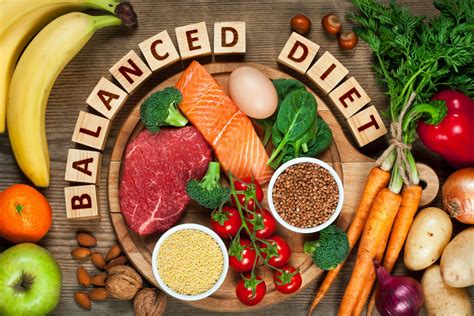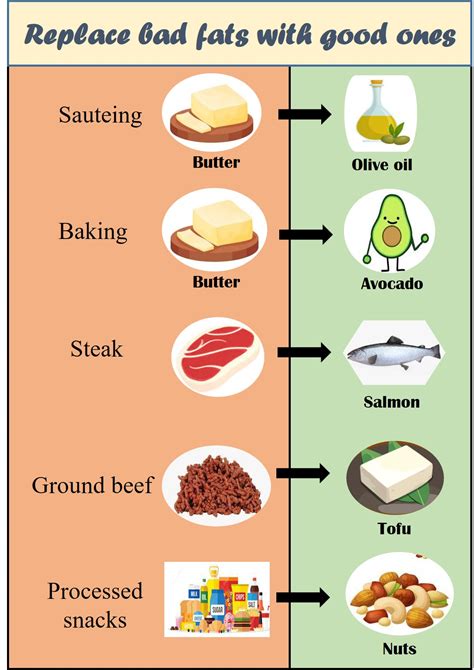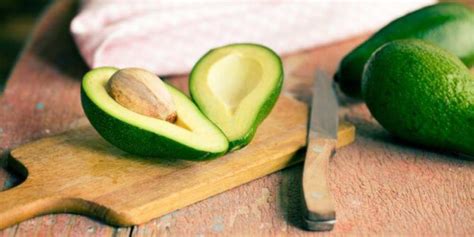Fuel peak testosterone: What specific fats enhance male hormone health for performance?

The Undeniable Link Between Dietary Fats and Male Hormone Health
For men striving for peak performance, optimizing testosterone levels is paramount. While protein and carbohydrates often take center stage in dietary discussions, the role of specific dietary fats is often overlooked, yet it’s profoundly crucial. Far from being merely energy sources, certain fats are indispensable building blocks for testosterone synthesis and play a vital role in regulating the endocrine system. Cutting out fats in a misguided attempt at health can be detrimental to hormonal balance, leading to diminished energy, muscle loss, and reduced vitality. The key lies not in avoiding fats, but in understanding which ones to prioritize for optimal male hormone health.

The Foundational Role of Cholesterol and Saturated Fats
Testosterone, like other steroid hormones, is synthesized from cholesterol. This makes dietary cholesterol, and the fats that support its healthy production and utilization, fundamental. Saturated fats, often demonized, are crucial for this process. They provide the raw material for cholesterol production and are integral to the structural integrity of cell membranes, including the Leydig cells in the testes that produce testosterone.
Incorporating adequate amounts of healthy saturated fats can directly support your body’s ability to produce this vital male hormone. High-quality sources include:
- Red Meat: Grass-fed beef, lamb, and other red meats are not only rich in saturated fats but also provide essential micronutrients like zinc and Vitamin D, which are also vital for testosterone.
- Egg Yolks: A nutritional powerhouse, egg yolks are packed with cholesterol, vitamins (including D), and healthy fats, making them an excellent choice.
- Coconut Oil: Contains medium-chain triglycerides (MCTs) and lauric acid, both of which have been shown to support metabolic health and provide a good source of saturated fat.

Monounsaturated Fats (MUFAs): Boosting Sensitivity and Overall Wellness
Monounsaturated fats are another cornerstone of a testosterone-friendly diet. Beyond their well-known cardiovascular benefits, MUFAs contribute to hormone sensitivity and overall cellular health. They help reduce inflammation and improve the body’s ability to utilize hormones effectively.
Excellent sources of MUFAs include:
- Olive Oil: Especially extra virgin olive oil, a staple of the Mediterranean diet, is rich in MUFAs and antioxidants.
- Avocados: Creamy and nutrient-dense, avocados are an excellent source of MUFAs, fiber, and various vitamins and minerals.
- Nuts (Almonds, Pecans, Macadamia): These provide healthy MUFAs along with fiber, protein, and micronutrients beneficial for overall health.

Omega-3 Fatty Acids: The Anti-Inflammatory Hormone Regulators
While saturated and monounsaturated fats provide direct building blocks, omega-3 polyunsaturated fatty acids (PUFAs) play a critical regulatory role. Specifically, EPA and DHA found in fatty fish are powerful anti-inflammatory agents. Chronic inflammation can negatively impact testosterone production and overall endocrine function. By reducing systemic inflammation, omega-3s can indirectly support healthier testosterone levels and improve testicular function.
Key sources of beneficial omega-3s include:
- Fatty Fish: Salmon, mackerel, sardines, and anchovies are top sources of EPA and DHA. Aim for at least two servings per week.
- Flaxseeds and Chia Seeds: These offer ALA (alpha-linolenic acid), a plant-based omega-3 that the body can convert to EPA and DHA, albeit less efficiently.
- Walnuts: Another plant-based source of ALA, also providing healthy fats and antioxidants.

Fats to Limit for Optimal Hormone Health
Just as important as consuming the right fats is avoiding the wrong ones. Trans fats (often found in processed foods, fried items, and some margarines) and an excessive intake of highly processed vegetable oils rich in omega-6 fatty acids (like corn, soybean, and cottonseed oil) can promote inflammation and disrupt hormonal balance. While omega-6s are essential, the typical Western diet often provides them in disproportionate amounts compared to omega-3s, leading to an inflammatory state that can suppress testosterone.
Integrating Healthy Fats for Peak Performance
To fuel peak testosterone and enhance performance, focus on a diverse intake of healthy fats. Prioritize whole, unprocessed foods. Cook with olive oil or coconut oil. Snack on nuts and avocados. Incorporate fatty fish and grass-fed meats into your meals regularly. Remember, balance is key; a variety of healthy fats ensures you’re providing your body with all the necessary components for robust hormone production and overall vitality.

Conclusion: Embrace the Power of Healthy Fats
Understanding the nuanced role of dietary fats is a game-changer for male hormone health and performance. By strategically incorporating saturated, monounsaturated, and omega-3 fats from whole food sources, you can provide your body with the essential building blocks and regulatory compounds needed to optimize testosterone production. Move beyond the fear of fat and embrace these vital nutrients to unlock your full potential for energy, strength, and overall well-being.









